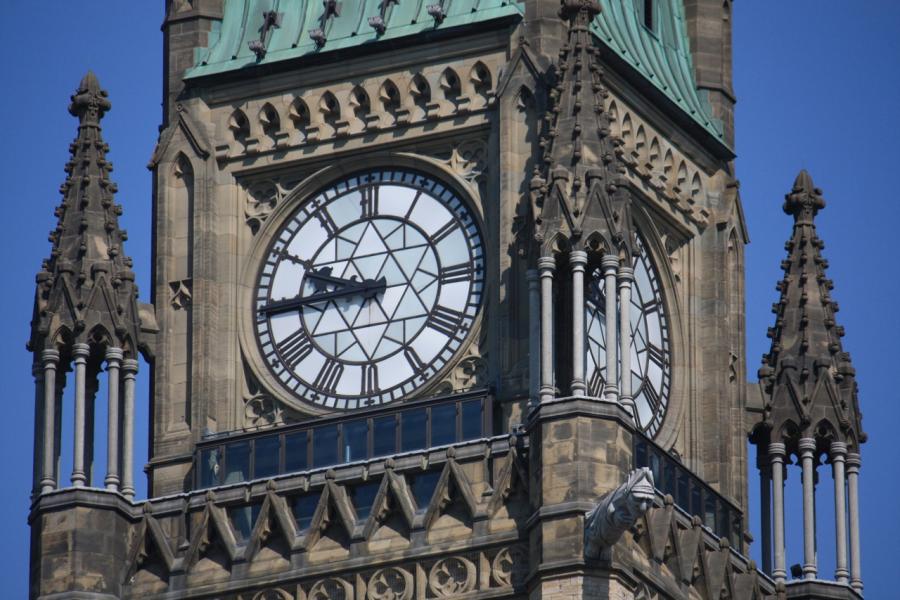Like this article? rabble is reader-supported journalism. Chip in to keep stories like these coming.
Early in August, Prime Minister Stephen Harper set in motion a 78-day election campaign, the longest since 1872 when candidates traveled on steam-driven trains and horse-drawn buggies. Despite the early call, a number of faith-based groups have already published election kits. For example, the Canadian Council of Churches (CCC) has prepared a 15-page summary of issues, which includes questions that people can ask of political candidates. The kit also contains information on how to organize and conduct all-candidates’ meetings, and a guide for writing letters-to-the-editor and using social media to talk about the issues.
Tightly controlled messages
So why is all of this important? Well, political parties design campaigns that focus on their leaders and upon tightly controlled messages. Candidates are expected to dutifully use canned talking points, which narrows the spectrum of debate and leads to utmost superficiality.
The core of Conservative messaging, in particular, is based on cutting taxes, being tough on crime and protecting the country from terrorists. Meanwhile, the NDP and the Liberals decry Canada’s weak economic performance, promising above all to make life more secure for middle-class Canadians. One could read these priorities as the Conservatives spreading fear and the NDP and Liberals focusing their promises on a group of people that has its uncertainties but is still far better off than the poor and marginalized in this country — and elsewhere.
Deep reflection on issues
Joe Gunn, the executive director of Citizens for Public Justice — one of the groups that assisted the CCC with the election kits — told The Catholic Register that faith groups assume that their adherents will decide how to vote only after a careful analysis of the issues. “Why not talk about important issues?” Gunn asked. “We’re in the business of leading people into deeper reflection and having conversations.”
Displaying a considerably different agenda, these latest election kits focus on eradicating poverty and providing affordable housing; honouring Aboriginal rights; acting upon the urgent plight of refugees, particularly from Syria and the Middle East; reforming the terms related to Overseas Development Assistance; and questioning what Canada is prepared to do to oppose militarism and foster peace.
Questions of candidates
Here are just a few of the questions that various faith groups want asked of candidates during the upcoming election:
- What will you do to ensure that Canada has a comprehensive, integrated and legislated anti-poverty plan?
- Would you implement strict greenhouse gas emissions standards across the oil and gas sector? If so, when?
- How will you and your party respond to the continuing reality of missing and murdered Indigenous women and girls?
- How can Canada increase support for, and protect, refugee populations both at home and abroad?
- Do you and your party intend on acting to ensure that Official Development Assistance no longer prioritizes Canada’s economic interests? If so, how will you achieve this?
Unintended consequences
One consequence of the 78-day election campaign, though likely unintended, is that it’ll provide added time for faith groups and other Canadians to quiz candidates on the real issues.
This piece appeared as a United Church Observer blog on August 27, 2015.
Like this article? rabble is reader-supported journalism. Chip in to keep stories like these coming.



